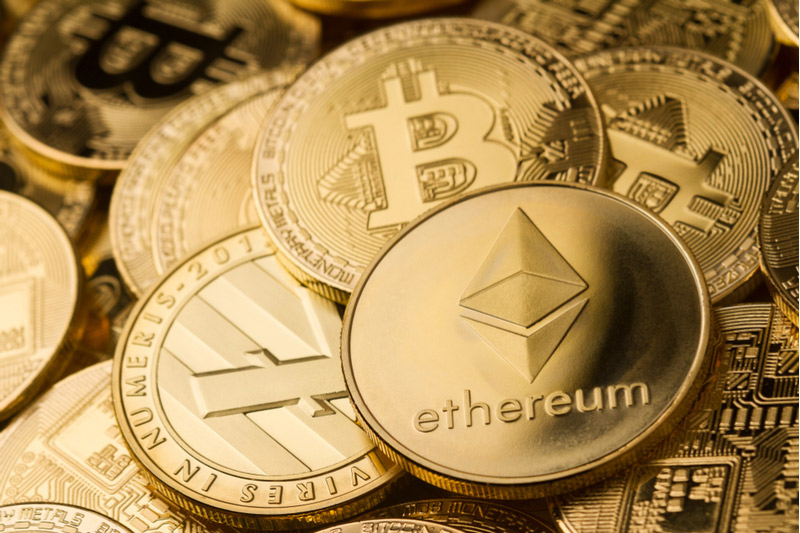Bitcoin once promised that it would help realize the lofty goal of making individuals “their own bank.” To understand the many services that banks truly provide is also to realize how preposterous this claim was in 2008, when Bitcoin’s white paper made it. More than a decade later, the grandfather cryptocurrency is still on the peripheries of traditional finance, yet the decentralized industry that it has spawned can indeed replicate many financial services on the blockchain, all of which were formerly exclusively in the realm of banks.
Decentralized finance (DeFi) has quickly become a buzzword. By allowing people to connect to new decentralized lending, exchange, savings and other DeFi platforms, blockchain can provide a cryptocurrency alternative to traditional banking services, and those who are comfortable operating in this ecosystem are therefore able to wield their assets with greater fungibility. Make no mistake: DeFi is not banking, as it only mimics banking functions and is still unable to provide the other thing banks are valued for — i.e., security. Lorenzo Pellegrino, CEO of popular online payments platform Skrill, told Cointelegraph:
